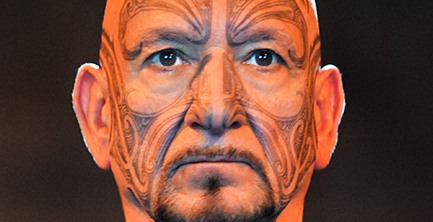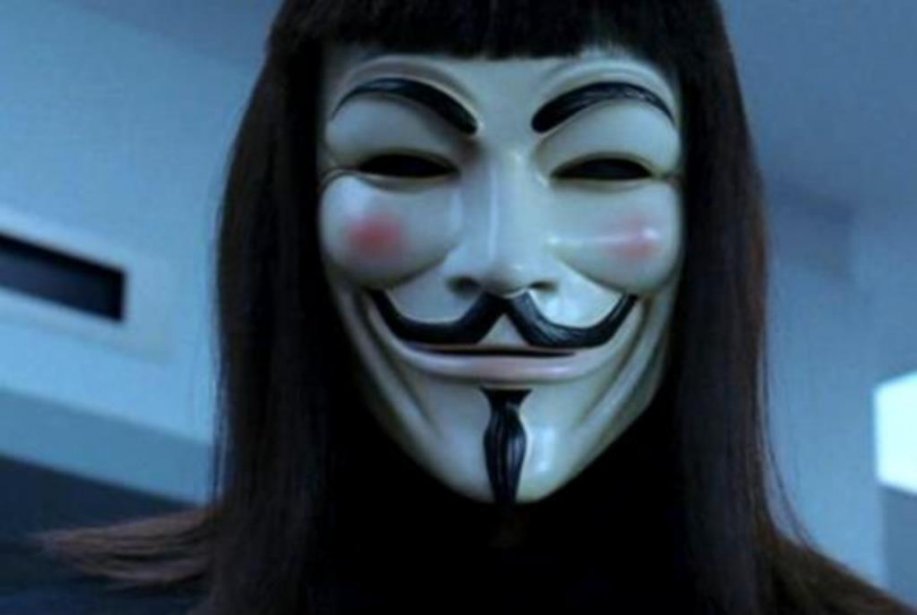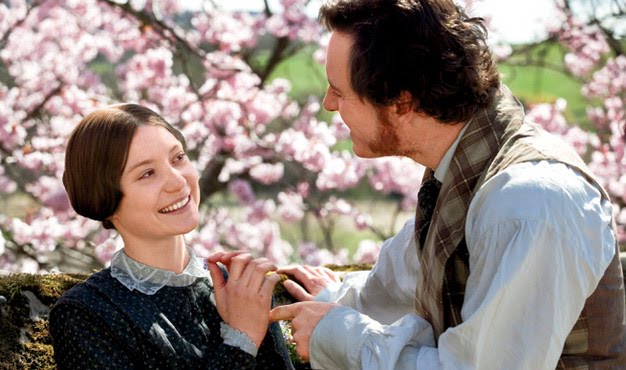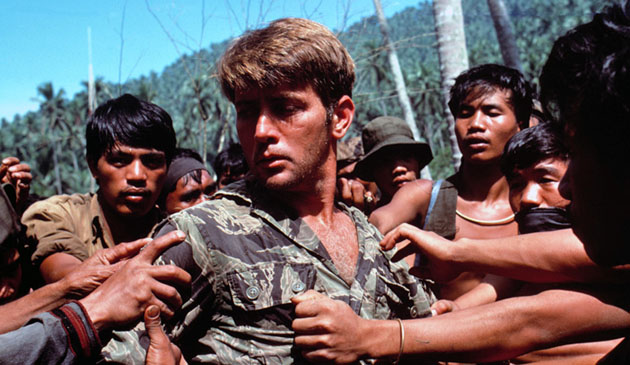Whenever we learn that our favorite book is getting made into a film, we immediately pray that it be a good adaptation. Sometimes our prayers are heard, as with The Lord of the Rings, but other times we cry in defeat, as with Eragon or League of Extraordinary Gentlemen. However, a fair amount of adaptations tend to be strange in that they’re not horrible, in fact they may reach a positive critical consensus with general moviegoers. However, true fans of the book or graphic novel will know that the movie failed to do its source material justice. Here is a list of 10 such films (in no specific order):
10. V for Vendetta
The book and its meaning: When Alan Moore set out to do V for Vendetta, the United Kingdom’s then Prime Minister Margaret Thatcher had since established herself as the Iron Lady due to the power she emitted in the government. Britain’s political atmosphere shifted dangerously conservative, with even talks of fascism reaching the ears of the working class. Moore channeled his anarchist views into creating a morally ambivalent work about a terrorist striving to get the citizens of a dystopian U.K. to embrace freedom over their current oppression, by ruling themselves.
The movie’s shortcomings: Admittedly the Wachowski’s had the problem of adapting a very Anglocentric graphic novel for American audiences, but their solution ended up turning V for Vendetta into a liberal film attacking the Bush Administration. Alan Moore summarized the film best when he gave a rant to MTV:
“It’s been turned into a Bush-era parable by people too timid to set a political satire in their own country. In my original story there had been a limited nuclear war, which had isolated Britain, caused a lot of chaos and a collapse of government, and a fascist totalitarian dictatorship had sprung up. Now, in the film, you’ve got a sinister group of right-wing figures — not fascists, but you know that they’re bad guys — and what they have done is manufactured a bio-terror weapon in secret, so that they can fake a massive terrorist incident to get everybody on their side, so that they can pursue their right-wing agenda. It’s a thwarted and frustrated and perhaps largely impotent American liberal fantasy of someone with American liberal values [standing up] against a state run by neo-conservatives — which is not what “V for Vendetta” was about.”
As Stan Lee likes to say, “‘Nuff said”.
9. Jane Eyre (2011)
The book and its meaning: Charlotte Brontë’s Jane Eyre has been highly regarded as a landmark novel in the feminist movement given its various themes that it tackles, most notably morality and sexuality. The first ten chapters are dedicated to Jane’s childhood, while the remaining focuses on her transition to womanhood and encounters with love and self-identity.
The movie’s shortcomings: While Cary Fukunaga assembled a brilliant cast, particularly Mia Wasikowska as Jane and Michael Fassbender as Mr. Rochester, the film opted to be primarily a gothic romance of sorts that ignored the book’s underlying messages. No doubt it features a strong protagonist, but the 2011 film essentially butchers the childhood portion of the novel by rushing through it to get to the romance. This decision ruins the whole morality angle the book depicted through contrasting the younger, passionate Jane with the older, reserved one. Without a good childhood background, the film is left as just a typical, gothic love story. The non-linear, flashback format Fukunaga utilizes doesn’t help matters either.
8. Apocalypse Now
The book and its meaning: Joseph Conrad’s novella, Heart of Darkness, is an attack on the imperialism that many first world countries were conducting during the late-19th century, particularly that of Europe and “colonizing” the African continent. More than that, though, the book is an examination of the human conscience and the duality of human nature. The title refers not just to the interior of the Congo, but also the true character every man finds within themselves when placed in the right environment.
The movie’s shortcomings: There’s no doubt that Francis Ford Coppola did a wonderful job adapting the novel into the Vietnam War setting that many films of that decade were criticizing (including Deer Hunter, Full Metal Jacket, and Platoon). While the film certainly achieves Conrad’s idea of the true chaos/ambiguity war presents on morals, Apocalypse Now fails to showcase the heart of darkness within everyone through its main character, Benjamin Willard. While the novella’s protagonist, Charles Marlow, changes into the very people he’s seeing as devils, Willard remained very static and unchanged throughout the film, even after his meeting with the famed Colonel Kurtz. While the film is certainly universally praised for its depiction about the truth of war, it ultimately did this at the cost of the novella’s strongest ideas concerning human ethics.



